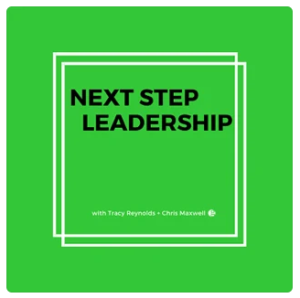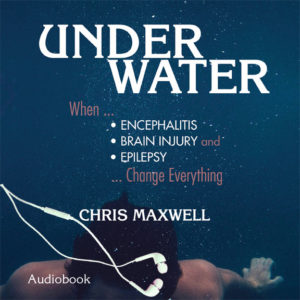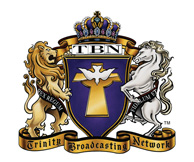(originally published August, 2009)
Soon school begins again. Students enter the experience of learning.
Classes and books and tests and assignments. Expectations, explanations, information, application. Exciting lessons, boring lessons, confusing lessons. The simple. The difficult. The profound. Repetition. Memorization.
If you’re entering school as a teacher or student, what thoughts come to mind? What positive and negative feelings? What goals do you seek to accomplish? What memories of classes from the past? What dreams for the future?
 Often, we let our school seasons end. Final exams, grades, and diplomas indicate graduation. Degrees equal conclusions. But is that perspective healthy? Is it correct?
Often, we let our school seasons end. Final exams, grades, and diplomas indicate graduation. Degrees equal conclusions. But is that perspective healthy? Is it correct?
Whatever our learning skills, our ventures of education should never end. That journey should be a lifetime of learning. New ideas. Fresh perspectives. Unfamiliar words. Innovative views.
The brains we trust are electrical systems. Words and images teach us, guide us, redirect us. Our spirits seek to grow and develop no matter our age, our health, or our learning disabilities. My personal experience with brain damage and epilepsy reinforce the importance of working hard to learn. That is much better than giving up and quitting. Having to work harder can motivate me more; and, your own battles, disappointments, and struggles can trigger a desire to research and discover.
Instead of thinking about school seasons beginning and ending, rather than viewing graduation and degrees as times of conclusion, let us remain enrolled in the class of life. By reading a book and discussing an idea, we can continue pursuing diplomas of depth and understanding.
Jesus set a good example of learning. The Physician and author Luke describes how Jesus – God in the flesh – grew in wisdom. He also tells the story of Jesus staying busy learning while Joseph  and Mary left town without Him:
and Mary left town without Him:
And the child grew and became strong; he was filled with wisdom, and the grace of God was upon him.
When they did not find him, they went back to Jerusalem to look for him. After three days they found him in the temple courts, sitting among the teachers, listening to them and asking them questions. Everyone who heard him was amazed at his understanding and his answers.
“Why were you searching for me?” he asked. “Didn’t you know I had to be in my Father’s house?” But they did not understand what he was saying to them. Then he went down to Nazareth with them and was obedient to them. But his mother treasured all these things in her heart. And Jesus grew in wisdom and stature, and in favor with God and men (Luke 2:40, 45-47, 49-52, NIV).
The goal is to be teachable. Teachability, according to Adele Ahlberg Calhoun inSpiritual Discplines Handbook: Practices That Transform Us, is “a propensity and openness to learn from God no matter who the teacher or what the experience may be.” She writes, “Jesus constantly looked for teachable people….(He) was passionate about those with ears to hear. He was attracted to those who willingly admitted how much they didn’t know.”
But how? How can we live as students in our hurried world? Calhoun suggests developing humility, listening more, talking less, refraining from snapped judgments based on appearances, curbing the know-it-all attitude, and choosing to be a lifelong learner.
So, as school begins again, let’s all join the journey of learning. Let’s never leave it. Whatever the time of year or our age in life, let’s be students. View every room as a classroom, every experience as a moment to learn. By sitting among teachers, listening to them and asking questions, we can continue growing in wisdom…like Jesus did.
Pause: “Jesus is still looking for teachable disciples. How teachable are we? Do we hide behind our knowledge and feel uncomfortable being the learner? Will we be the student again and again and again?”
(Adele Ahlberg Calhoun, Spiritual Disciplines Handbook: Practices That Transform Us, InterVarsity Press, 2005).









